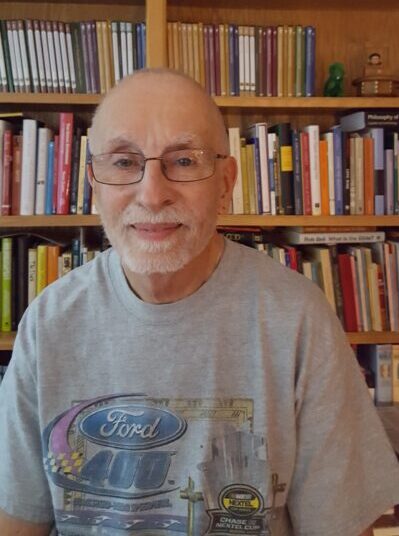“It’s easy to immerse ourselves in our “idyllic” corner of the world and ignore those who might not experience it as idyllic.”
Roger Hull
Ms. Ritchie’s “My Turn” corner of the world sounds idyllic (July 5). I grew up in a place like that, or so I thought. In my early teens, one of the farm wives shot and killed her husband. He had been abusing her for years. It was not so idyllic after all. As I grew older, I learned there were lots of corners of the world that were far from idyllic, even in this country, especially if you were Black. It’s easy to immerse ourselves in our “idyllic” corner of the world and ignore those who might not experience it as idyllic.
I asked an acquaintance if he’s concerned about the anti LBGT+ laws that are being passed in his state. His answer was, “I don’t care, it doesn’t affect me.” When I asked if he was concerned about books being banned, he responded with the same answer, “It doesn’t affect me so why should I care.” I asked about protesters, and he said, “They’re just trouble-makers and need to be arrested and locked up.” His corner was apparently idyllic as long as he ignored the not so idyllic things happening around him.
Martin Niemoller was a German pastor in the 1930s who felt the same way. He felt he wasn’t affected in his idyllic corner of the world so he kept quiet. He eventually found himself in a concentration camp for speaking out against the Nazis’ treatment of the church. In a speech after WWII, he said that if a few thousand Christians had spoken up, even at the risk of losing their lives, maybe several million other lives would have been saved.
Different versions of the poem below are based on the way Niemoller phrased it in different settings and impromptu speeches. The poem and its variants express Niemoller’s belief that Germans had been complicit through their silence in the Nazi imprisonment, persecution and murder of millions of people. It’s worth taking a moment to read and think about it, especially if everything is idyllic in your corner of the world.
First they came for the Communists
And I did not speak out
Because I was not a Communist
Then they came for the Socialists
And I did not speak out
Because I was not a Socialist
Then they came for the trade unionists
And I did not speak out
Because I was not a trade unionist
Then they came for the Jews
And I did not speak out
Because I was not a Jew
Then they came for me
And there was no one left
To speak out for me
Roger Hull

